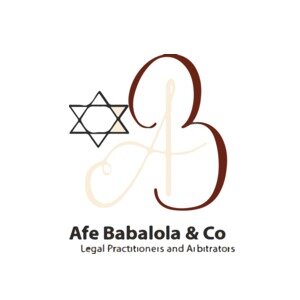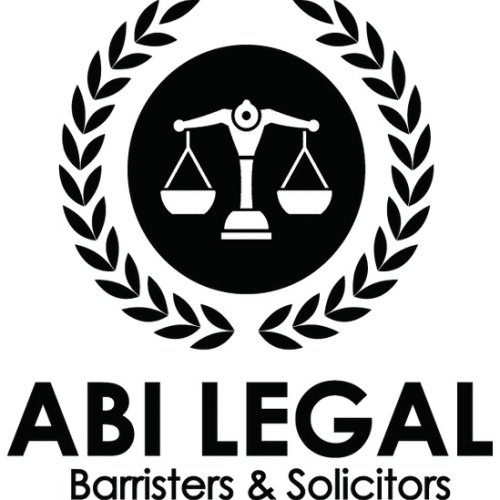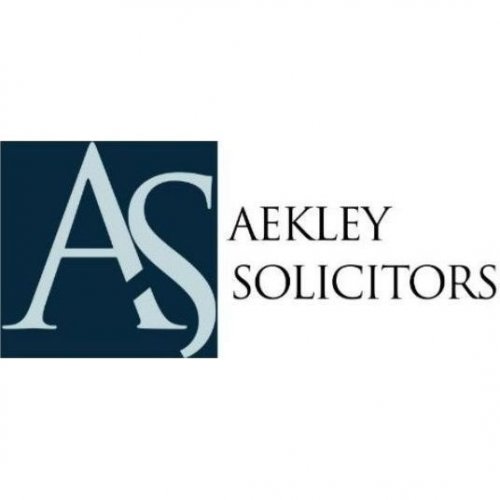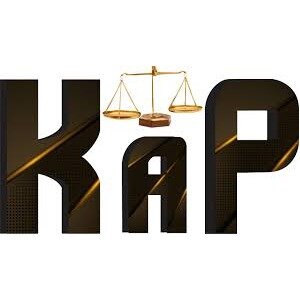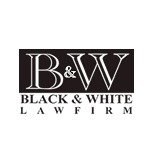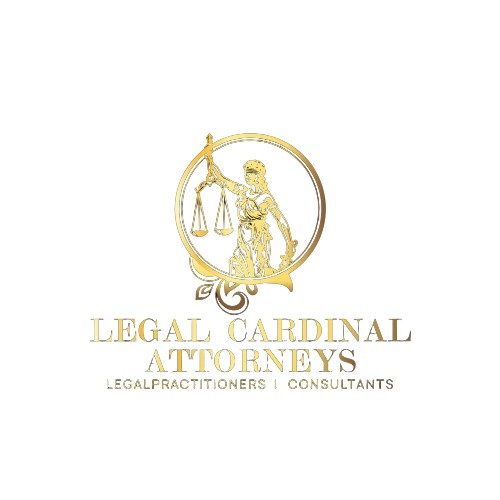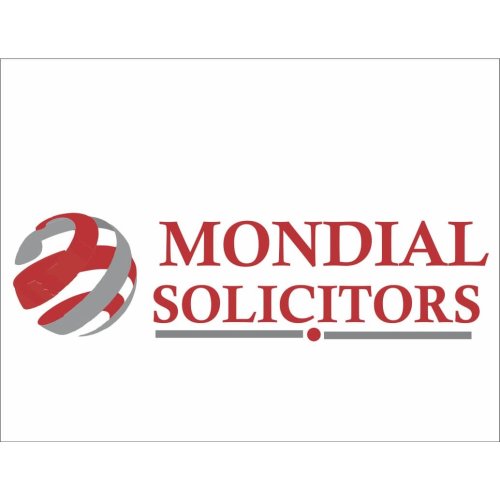Best Nonprofit & Charitable Organizations Lawyers in Ibadan
Share your needs with us, get contacted by law firms.
Free. Takes 2 min.
List of the best lawyers in Ibadan, Nigeria
About Nonprofit & Charitable Organizations Law in Ibadan, Nigeria
Nonprofit and charitable organizations in Ibadan, Nigeria, operate under laws designed to facilitate their social, religious, educational, and philanthropic activities. These organizations play a crucial role in addressing societal needs by providing services, advocating for policy changes, and raising public awareness. The regulatory framework ensures these entities are legally recognized, transparent, and accountable. Typically, nonprofits in Ibadan register with the Corporate Affairs Commission (CAC), and their activities are guided by the Companies and Allied Matters Act (CAMA), among other regulations.
Why You May Need a Lawyer
Engaging a lawyer can be vital in several situations related to nonprofits and charitable organizations. Firstly, accurately drafting and filing the necessary incorporation documents can prevent future legal issues. Secondly, a lawyer can help ensure compliance with tax regulations to maintain a nonprofit's tax-exempt status. Thirdly, should disputes arise within the organization or with external parties, legal assistance can facilitate resolutions. Finally, as organizations navigate funding agreements and contracts, experienced legal counsel can ensure these documents are beneficial and compliant with relevant laws.
Local Laws Overview
Several key legal frameworks govern the operation of nonprofit and charitable organizations in Ibadan. Primarily, CAMA provides the foundational governance structure, detailing the registration process, corporate governance standards, and reporting requirements. Additionally, organizations must align with tax laws, notably to benefit from tax exemptions under the Industrial Inspectorate Act. Also, any fundraising activities must comply with laws regarding financial dealings to prevent fraud and mismanagement. Understanding these local legal contexts ensures an organization's legitimacy and operational efficiency.
Frequently Asked Questions
What are the first steps to starting a nonprofit in Ibadan?
The initial step is registering with the Corporate Affairs Commission (CAC). You’ll need to define your organization’s mission and objectives, prepare the necessary documentation, and pay a registration fee.
Are nonprofits in Ibadan eligible for tax exemptions?
Yes, nonprofits can apply for tax-exempt status if they meet certain criteria under Nigerian law. This typically involves engaging in specific types of activities like education and charity.
How is compliance with local laws ensured for nonprofits?
Post-registration, organizations must adhere to various reporting and auditing requirements as stipulated by CAMA. They must also comply with local tax laws and may be subject to performance reviews by the Corporate Affairs Commission or other governmental bodies.
What legal challenges do nonprofits in Ibadan commonly face?
Common challenges include issues related to governance, financial management, tax liabilities, and compliance with regulatory frameworks, particularly in fundraising and financial reporting.
Is there governmental support for nonprofit organizations in Ibadan?
While direct financial support may be limited, the government provides a regulatory framework that supports the transparent and efficient operation of nonprofits, alongside offering tax benefits.
Can foreign nationals establish nonprofits in Ibadan?
Foreign nationals can establish nonprofits, but they must comply with Nigerian laws, including immigration and business operation laws, and usually require local partners or board members.
What is the governance structure required for nonprofits?
Nonprofits typically require a board of trustees or directors to manage and oversee activities, ensuring good governance practices and compliance with legal obligations.
How are disputes typically resolved in nonprofit organizations?
Internal disputes are commonly addressed through mediation or arbitration, with legal counsel often guiding these processes. If necessary, parties may escalate issues to the legal system.
How can a nonprofit prove legitimacy?
By maintaining up-to-date registration, ensuring compliance with all reporting requirements, practicing transparency in operations and finances, and obtaining relevant certifications.
What are the renewal requirements for a nonprofit's registration?
Organizations must periodically renew their registration with CAC, which involves submitting certain documents and fees to demonstrate ongoing compliance with applicable regulations.
Additional Resources
Several resources and organizations can assist nonprofits seeking legal advice in Ibadan:
- Corporate Affairs Commission (CAC) - for registration and compliance information.
- Chartered Institute of Taxation of Nigeria - for understanding tax obligations and exemptions.
- Nigeria Network of NGOs - offers support and advocacy for nonprofit organizations.
- Lagos State Ministry of Social Development - provides guidance on nonprofit operations, despite being based in Lagos, it often has relevant resources.
Next Steps
If you need legal assistance, start by consulting with a lawyer who specializes in nonprofit law in Nigeria. Prepare relevant documents and questions in advance to make your consultation productive. If you're not sure where to find a lawyer, consider contacting local bar associations or NGO networks for referrals. It's also helpful to attend workshops or seminars on nonprofit management where legal experts share knowledge on compliance and governance best practices.
Lawzana helps you find the best lawyers and law firms in Ibadan through a curated and pre-screened list of qualified legal professionals. Our platform offers rankings and detailed profiles of attorneys and law firms, allowing you to compare based on practice areas, including Nonprofit & Charitable Organizations, experience, and client feedback.
Each profile includes a description of the firm's areas of practice, client reviews, team members and partners, year of establishment, spoken languages, office locations, contact information, social media presence, and any published articles or resources. Most firms on our platform speak English and are experienced in both local and international legal matters.
Get a quote from top-rated law firms in Ibadan, Nigeria — quickly, securely, and without unnecessary hassle.
Disclaimer:
The information provided on this page is for general informational purposes only and does not constitute legal advice. While we strive to ensure the accuracy and relevance of the content, legal information may change over time, and interpretations of the law can vary. You should always consult with a qualified legal professional for advice specific to your situation.
We disclaim all liability for actions taken or not taken based on the content of this page. If you believe any information is incorrect or outdated, please contact us, and we will review and update it where appropriate.




